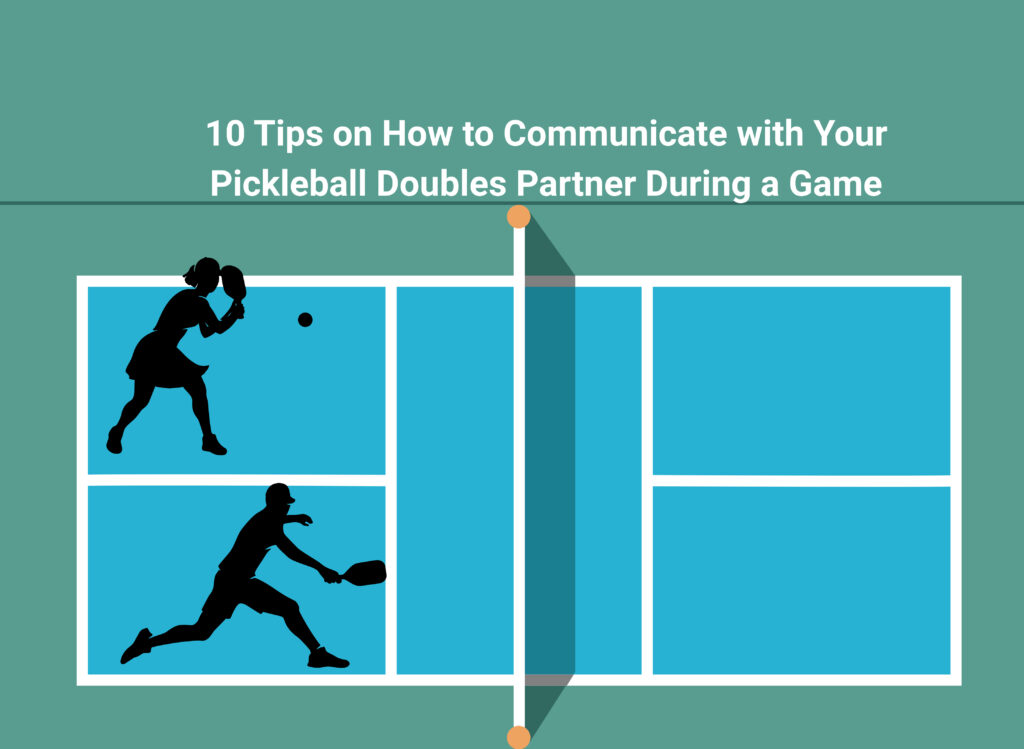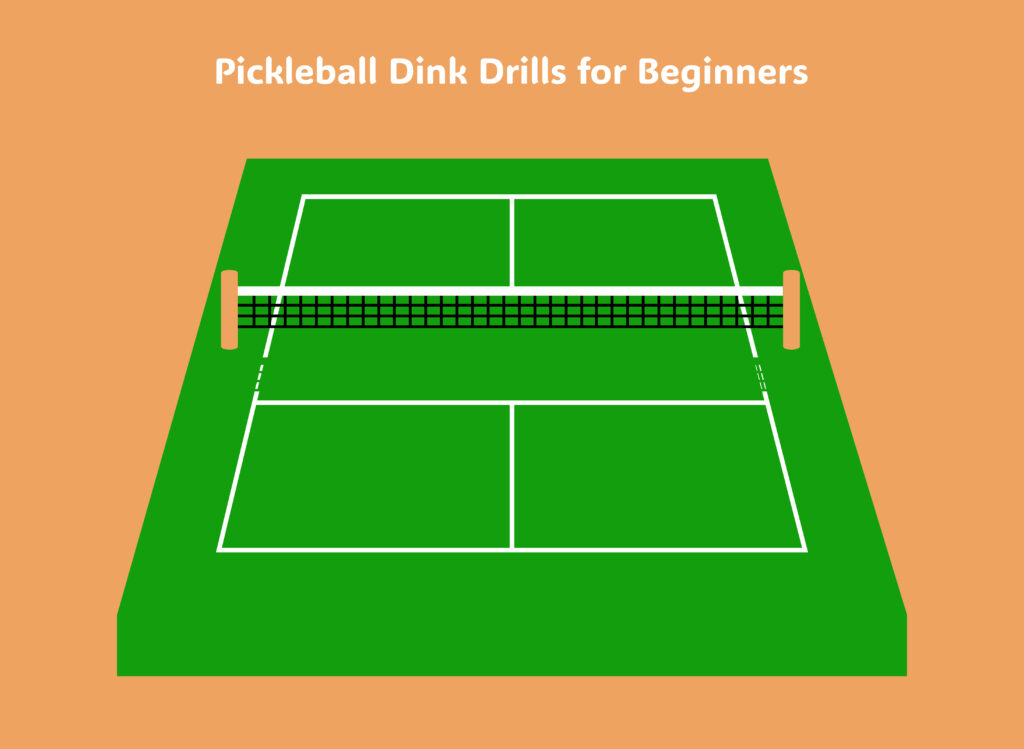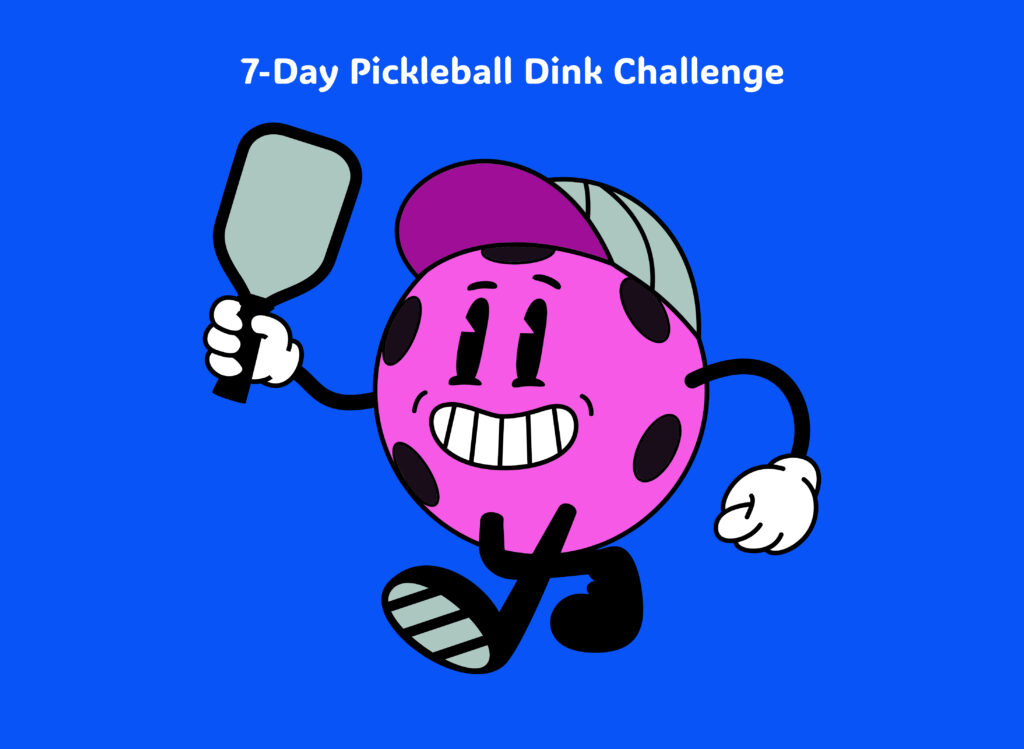- Ways to Communicate with Your Pickleball Doubles Partner
- 1. Call the Score Loudly and Clearly to Your Pickleball Doubles Partner
- 2. Use “Mine,” “Yours,” and “Bounce” Early and Often
- 3. Discuss Your Strategy Before and During the Match
- 4. Offer Encouragement After Every Point—Win or Lose
- 5. Use Hand Signals When Appropriate (and Legal)
- 6. Call “Switch” Loudly When Crossing Sides
- 7. Agree on Who Takes the Middle
- 8. Use Breaks to Check In and Adjust
- 9. Avoid Mid-Rally Coaching Unless Needed
- 10. Reflect After the Game Together with your Pickleball Doubles Partner
- Final Thoughts: Communication Is the Core of Doubles Success
Ways to Communicate with Your Pickleball Doubles Partner
How do you communicate with your Pickleball doubles partner during a fast moving game? If you’ve ever watched a great pickleball doubles team in action whether at a casual UK club match or in the finals of a national tournament you’ll notice something beyond the dinks and volleys: they’re constantly talking to each other.
The communication between partners is fluid, encouraging, and often subtle. In doubles, communication isn’t just polite—it’s a game-winning skill. Miscommunication leads to missed balls, lost positioning, and mental frustration. But clear, confident communication? That leads to better chemistry, sharper reactions, and more victories.
Effective doubles teams know how to talk before, during, and after points. They make calls, offer encouragement, and adjust strategies in real-time. And it’s not about being loud—it’s about being clear, consistent, and on the same wavelength. Whether you’re new to the sport or climbing the ranks of UK pickleball leagues, mastering these communication habits can take your game from chaotic to cohesive.
1. Call the Score Loudly and Clearly to Your Pickleball Doubles Partner
It might seem basic, but calling the score properly is essential communication. It helps both players stay mentally engaged and signals that the server is ready. At busy UK clubs, where background noise and multiple games are happening at once, this clarity keeps everyone synced. Calling the score aloud also resets focus, particularly after long rallies or frustrating points.
✔ Always include the full score: server’s score, receiver’s score, and server number (1 or 2).
✔ Use a firm, audible tone—not rushed or mumbled.
✔ Reaffirm it with eye contact or a nod to your partner if needed.
✔ If there’s confusion, pause and confirm together—don’t rush.
🔥 Key takeaway: Score calling isn’t just etiquette—it’s a shared rhythm that keeps both partners alert and in sync.
2. Use “Mine,” “Yours,” and “Bounce” Early and Often
Nothing causes more errors than both players freezing or chasing the same ball. Clear, early verbal cues help avoid collisions and awkward moments. When the ball is in no-man’s-land (especially in the middle), making that call quickly can save the point.
✔ Say “mine” or “yours” as the ball crosses the net—not after it’s bounced.
✔ “Bounce” helps your partner decide whether to hit the ball in the air or let it drop.
✔ If you’re unsure, say “watch it” or “let’s see” to prompt observation.
✔ Repetition breeds clarity—build this language into your habits.
UK doubles games are won on small margins. Letting the wrong ball drop or doubling up on a shot can swing the momentum. Good teams have verbal cues baked into their chemistry.
🔥 Key takeaway: Fast, simple calls avoid chaos—don’t assume, communicate.
3. Discuss Your Strategy Before and During the Match
Strong communication starts before the first serve. Even if you’ve played together before, taking 60 seconds to align your strategy helps build confidence and cohesion. Decide how you’ll handle lobs, who takes middle balls, and whether you plan to drive or drop the third shot.
✔ Ask: “What’s your preferred side?” or “Who’s stronger at resets?”
✔ Plan for who covers the lob and how you’ll switch when needed.
✔ Agree on a signal or keyword for a speed-up or poach attempt.
✔ Check in during side switches: “Shall we try more cross-court dinks?”
In UK clubs and tournaments, you’ll often see the best pairs huddling quietly between ends, adjusting tactics or giving feedback. These tiny discussions make a huge difference to momentum and confidence.
🔥 Key takeaway: Communication starts off-court—use warmups and between points to align and adjust.
4. Offer Encouragement After Every Point—Win or Lose
Pickleball doubles is emotional. Mistakes happen. But the best partners are the ones who keep each other mentally level. A simple “good shot” or “no worries” can keep your teammate focused and help bounce back after an error. UK players who maintain positive court energy are always the ones others want to team up with.
✔ Say “nice try,” “we’ve got this,” or “next one’s ours” to reset focus.
✔ Avoid blaming body language—shoulder slumps or sighs hurt morale.
✔ Be consistent—don’t only praise winners. A solid reset or good effort deserves a nod too.
Especially in club settings where partnerships rotate, your reputation as a good communicator will follow you. Partners will trust you more, and that trust leads to better rhythm.
🔥 Key takeaway: Positive energy builds team confidence—your words carry more weight than your stats.
5. Use Hand Signals When Appropriate (and Legal)
In tournaments or more competitive club play, using non-verbal cues like hand signals before a serve can be extremely helpful—especially when planning poaches, stacking, or deciding whether to drive or drop. While this may be more common at the advanced level, even intermediate pairs in the UK are starting to use them.
✔ Behind-the-back signals let you quietly decide third shot tactics.
✔ One finger = drop, two fingers = drive.
✔ A closed fist can mean “stay,” while an open hand can mean “switch.”
✔ Always confirm your partner saw the signal before serving.
Make sure to keep things fair—signals must be shown before the serve and not during the point. Used properly, signals reduce confusion and add a layer of cohesion that verbal chatter can’t match during noisy indoor matches.
🔥 Key takeaway: Silent signals are great for pre-serve planning—just make sure both of you are on the same page.
6. Call “Switch” Loudly When Crossing Sides
In the heat of a rally, players sometimes switch sides to reach a lob or save a wide ball—but if you don’t call it out, your partner may not follow, leaving the court wide open. A loud “switch!” alerts your teammate to cover your vacated zone, preventing chaos.
✔ Use a strong, confident “switch!” as soon as you cross behind or in front.
✔ Follow it up with movement and awareness—get into position fast.
✔ Practise this in drills so it becomes second nature.
UK pickleball clubs often see newer players collide or cluster on the same side because no switch was called. Build this into your movement vocabulary, especially when playing aggressive lobs or chasing balls wide off the court.
🔥 Key takeaway: When switching positions mid-rally, call it loudly to avoid confusion and lost points.
7. Agree on Who Takes the Middle
The middle of the court—particularly on balls just above the net—is often contested. Good communication includes agreeing before the match on who takes the middle in various situations. In general, forehand takes middle, but if one player is more comfortable in fast hands battles, you might adjust.
✔ “Forehand takes middle” is a common rule, but discuss exceptions.
✔ If your partner has stronger hands, you might let them control middle volleys.
✔ Say “I’ve got middle unless you call it” to avoid hesitation.
✔ Reassess during the game—if one player is having an off-day, adapt.
Some UK pairs have pre-agreed zones for each player—it doesn’t have to be complicated, just consistent. The clearer you are about coverage, the more confident your movements will be.
🔥 Key takeaway: Don’t leave the middle to chance—set rules and adapt if needed.
8. Use Breaks to Check In and Adjust
Side switches, timeouts, or a quick towel break are perfect chances to reconnect. Whether it’s a tactical change, a quick pep talk, or just a breather, using these moments to talk strategy is something most top UK doubles pairs do naturally.
✔ Ask “What’s working?” and “What can we change?”
✔ Suggest simple tweaks: “Shall we target the backhand more?”
✔ Keep it constructive—not critical or emotional.
✔ Use humour if things are tight—it lightens the mood and resets nerves.
Breaks aren’t just physical resets—they’re mental ones. The most cohesive teams in UK pickleball are those who use every moment to get just a bit more aligned.
🔥 Key takeaway: Every break is a communication opportunity—use it to adapt, not just recover.
9. Avoid Mid-Rally Coaching Unless Needed
There’s a difference between communication and coaching. During a rally, yelling instructions like “drop it!” or “dink now!” can do more harm than good. It distracts your partner, makes them second-guess, and creates tension. Speak up when it’s essential—but trust your partner to make their play.
✔ Stick to helpful cues: “switch,” “yours,” “no,” “bounce.”
✔ Save coaching points for between points or after the game.
✔ Encourage rather than instruct—“you’ve got time” instead of “slow down!”
✔ Always ask if your partner wants feedback—don’t assume.
UK club sessions often mix skill levels. The best partners are supportive, not bossy—especially when playing with newer or less experienced players.
🔥 Key takeaway: Talk to support, not to control—save coaching for coaching moments.
10. Reflect After the Game Together with your Pickleball Doubles Partner
Post-game conversations are a great way to build chemistry and trust—win or lose. Go over what went well, where the communication broke down, and what you could try differently next time. Even two minutes of honest feedback can strengthen your partnership.
✔ Start with positives: “I loved how we covered that middle ball.”
✔ Mention areas for improvement as a team—not as criticism.
✔ Use “we” language: “Maybe we can call lobs earlier next time?”
✔ Thank each other for the game—acknowledge effort, not just result.
In UK pickleball clubs, where doubles partnerships rotate often, players who take time to debrief respectfully are the ones people want to play with again. That post-match pint or cuppa? It’s as much about connection as it is about analysis.
🔥 Key takeaway: A quick post-match chat keeps your partnership growing—and builds stronger on-court trust.
Final Thoughts: Communication Is the Core of Doubles Success
Pickleball doubles isn’t just about hitting the ball—it’s about building trust, staying connected, and playing as a true team. Good communication helps you avoid confusion, recover faster, and adjust in real time. And in the growing UK pickleball community, where partnerships evolve weekly, being a communicative, supportive partner makes you not just better—but more enjoyable to play with.
Key Takeaways:
✔ Use consistent, simple calls like “mine,” “yours,” and “switch.”
✔ Set strategies before the match—and tweak them during.
✔ Stay positive and supportive, even in tight matches.
✔ Learn when to talk—and when not to.
✔ Reflect together to build lasting doubles chemistry.
👀 Enjoyed this read? Fancy levelling up your game even more? Keep reading Dink Quest for the best pickleball tips, drills, and news in the UK!
🎯 Check out these popular posts next:
📬 Subscribe to the Dink Quest newsletter to Stay in the Loop and be the first to get new blog posts, UK pickleball news, tips, player spotlights and exclusive offers
👉 Click here to subscribe now
Get discounts and exclusive offers for Paddles, clothing and accessories from our shop
We’ve got plenty more where that came from! Whether you’re working on your third shot drop, curious about dinking strategies, or just figuring out how to hold your paddle without it flying across the court we’ve got you covered.
👉 Keep reading, keep learning, and keep dinking smart. Let’s grow the game together, one dink at a time. 💚
See you on the court!
The Dinkquest Team UK 🏓


